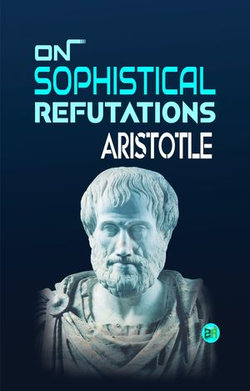"On Sophistical Refutations" is a treatise written by the ancient Greek philosopher Aristotle. The work is concerned with the study of logical fallacies and the methods of identifying and refuting false arguments.Aristotle identifies thirteen common fallacies or "sophisms," such as equivocation, amphiboly, and composition, and explains how these fallacies can be used to deceive and mislead people. He also outlines various methods of refuting these fallacies, including the use of counterexamples, analogy, and reductio ad absurdum.The treatise is part of Aristotle's broader work on logic, and it has been influential in the development of Western philosophy and rhetoric. It has been studied and debated by scholars and philosophers for centuries, and it continues to be a valuable resource for those interested in the study of logical reasoning and argumentation.In addition to its practical applications, "On Sophistical Refutations" also has broader philosophical implications. Aristotle's analysis of logical fallacies reflects his broader concern with the nature of truth and the methods of acquiring knowledge. The work highlights the importance of clear and rigorous thinking in the pursuit of truth and knowledge, and it continues to be relevant to contemporary debates in philosophy and critical thinking.



Share This eBook: